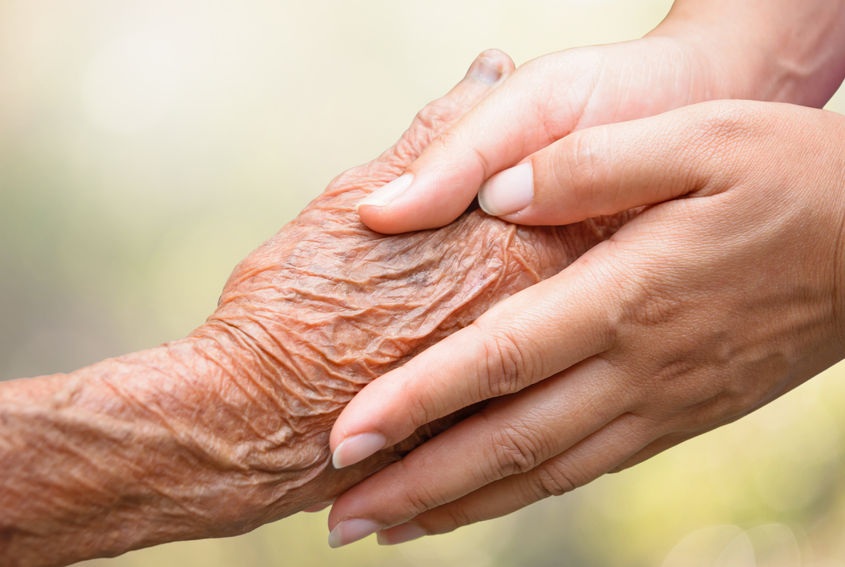
A few years ago, at a get-together of a dozen girlfriends from college, I saw my old friend, Therese Gibson. When I told her I was writing a book called Happy for No Reason, which focuses on the 21 core habits of unconditionally happy people, she told me about the daily gratitude ritual she practices with her 95-year-old father, Charlie, that keeps them smiling and feeling good.
Therese moved in with Charlie, who’s still sharp as a tack, during a bad time in both their lives. Charlie’s wife had just died, Therese was at the tail end of a painful divorce, and money was tight. They were as glum as any two people could be. But both had heard that gratitude was a great way to feel better, so they decided to sit together for a few minutes each morning before Therese headed off to work and tell each other three things they were grateful for in their lives.
“It was slow going in the beginning,” Therese told me. “The first time we did it, I had a hard time thinking of even one thing I was grateful for.” Finally, she looked around the room and saw a vase she liked. She told Charlie, “I’m grateful for how pretty that vase is.” It sounded silly, but it was the best she could do. Charlie wasn’t any better at it, often waiting for Therese to give him a clue about what to say. But she and Charlie both noticed that even a thank-you for something superficial had a good effect.
Soon, their decision to focus on what was right in their lives began to pay off. Both Therese and Charlie started to feel happier, and to notice that more and more things were going their way. Even their money situation improved. Three thank-yous became five, then ten, and soon they had to stop listing the good things in their lives long before they ran out of things to say—or Therese would be late for work.
One day, they were feeling so light and happy after finishing their lists that Charlie, who’d always liked the musical Oklahoma, started singing “Oh, What a Beautiful Morning.” Therese joined in. It was the perfect expression of how being grateful made them feel. They added this song to their ritual and now “saying their thank-yous” and singing together has become one of the highlights of their day.
I’ve experienced myself just how powerful gratitude is. Once, after going through a heartbreak, a friend told me to write down five things I was grateful for each night before I went to bed for three weeks straight. I knew that psychologists say it takes 21 days to change a habit, so I agreed. At first I struggled to come up with anything, but I continued doing it every night and over time the pain in my heart eased.
Try doing the gratitude exercise yourself. Every night before you go to sleep, list five things that you’re grateful for that day, and notice how you feel when you wake up the next morning. A grateful heart can send your happiness level soaring.
By Marci Shimoff. From Happy from No Reason: 7 Steps to Being Happy from the Inside Out (Free Press, January 2008)



